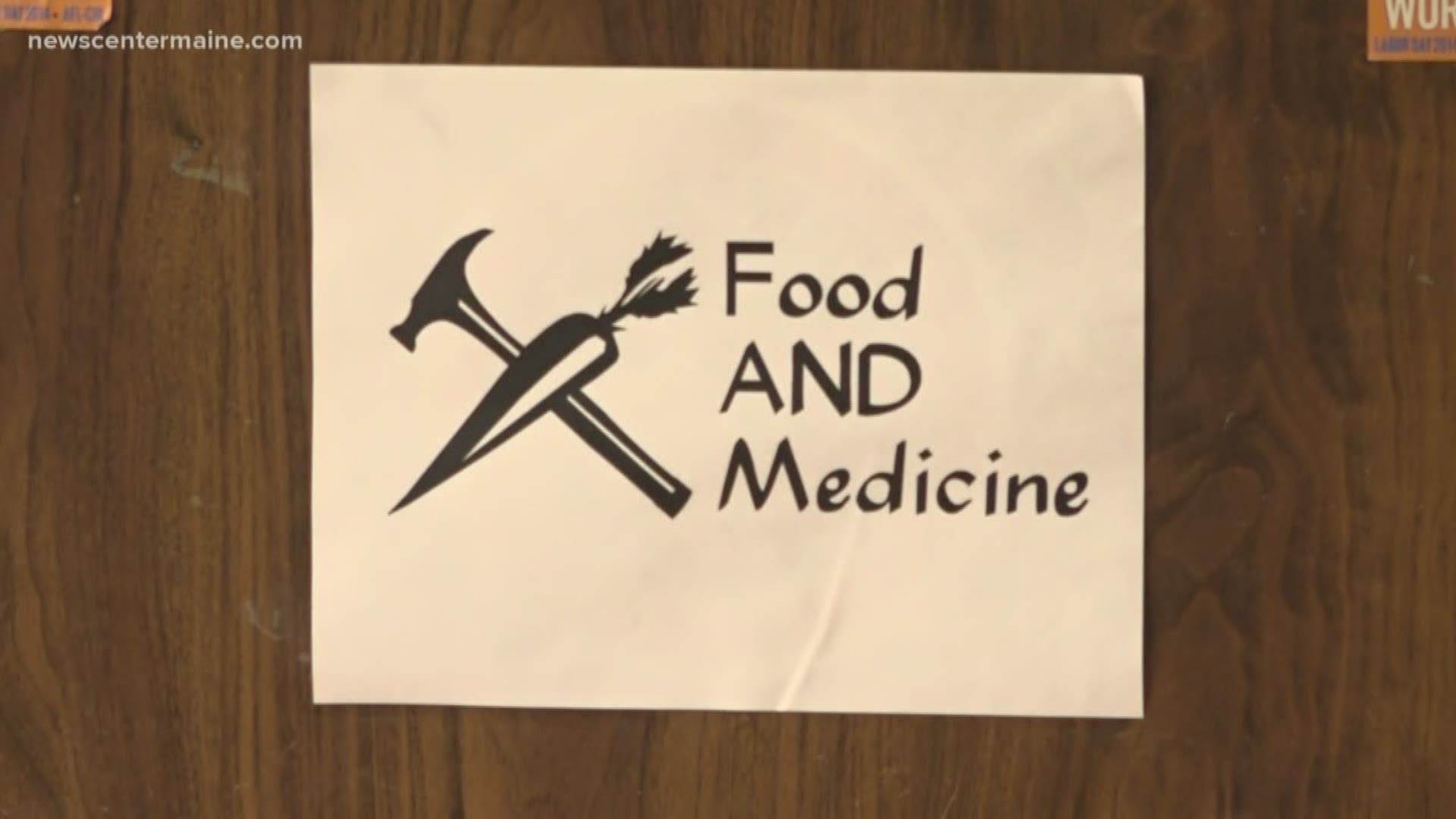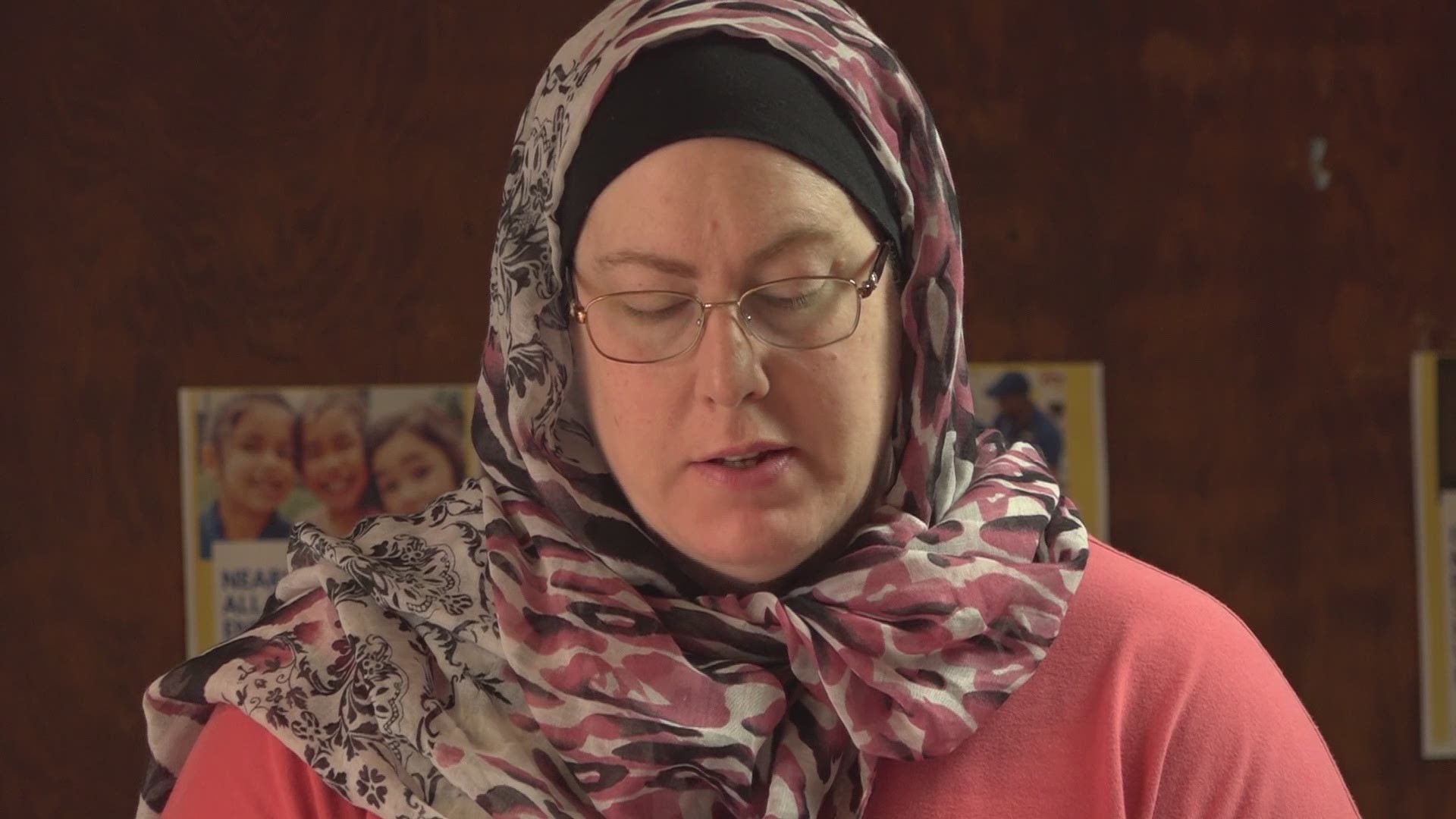BREWER, Maine — Orono's Inga Turner and her husband often have to choose between medicine or food.
"A lot of times we ration our medicine," said Turner. "Cut pills in half, skip days, just to stretch it out."
Turner said they fall into a category of people who are under-insured. The couple has insurance but it costs so much to use it that they might as well not have it.
They are forced to ration their food and medicine, at the risk of becoming ill, just to get to the next paycheck or to pay rent.
"Then it gets worse," said Turner. "I need physical therapy on my foot in order to be able to walk without pain. I had to stop doing it because I can't afford the $35 dollars a week. That's food money. That's a prescription. Take your pick."
Turner's not alone. The U.S. Department of Agriculture reports 13.6% of Mainers have low food security.
The decisions Turner makes every day, of what she and her husband can live without, put a face to that percentage.
"Consider the daily stress," said Turner. "It's like constantly walking in ankle-deep water where food security is like walking on the dry shoreline. What do you cook that day? How do you combine the ingredients you were able to get to fill you up? A constant, low-level tension because it's always at the back of your mind."
Most people take food for granted but the reality is that 10% of Mainers rely on the Supplemental Nutrition Assistance Program, or SNAP, to make ends meet. If proposed federal categorical eligibility changes to SNAP are implemented, it's estimated that 44,000 people would lose their benefits, according to Auburn and Hampden's Good Shepherd Food Bank.
Currently, the proposed changes are in review and are undergoing a public comment period.
"I wish people in office could have a taste of what it's like, no pun intended," said Turner. "Hit them with a budget of even $100 dollars a month for food for a month or two and let them feel what it's like to have to choose what to get."
When a family is enrolled in SNAP, their children are automatically enrolled in a school nutrition program as well. If Maine families lose their SNAP benefits from these proposed changes then their children will lose their free lunches at school as well.
"When I was growing up, my family received SNAP and we received WIC," said Food and Medicine's food justice organizer, Josh Kauppila. "My father was too proud to be seen using those benefits in the store."
Kauppila organized Thursday's press conference with Turner and other speakers at Brewer's Food and Medicine to engage in a community discussion surrounding the latest news regarding SNAP.
"For me, it's about allowing people who are suffering poverty and food insecurity to have dignity and to be able to access the things of life without being shamed and ashamed for doing that," added Kauppila.


